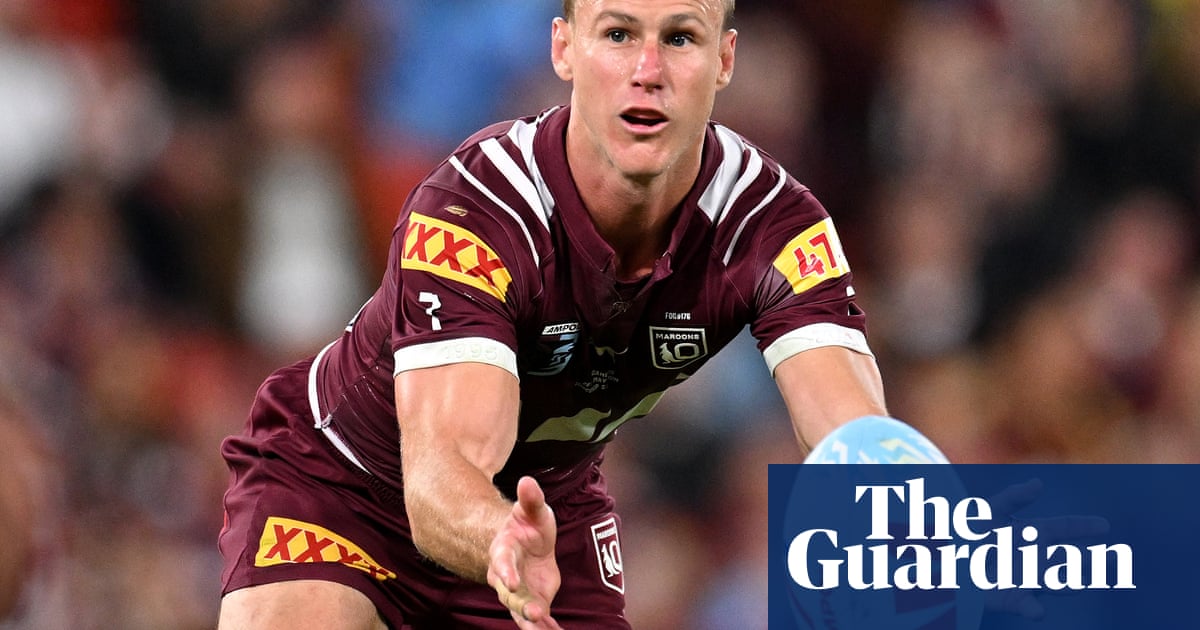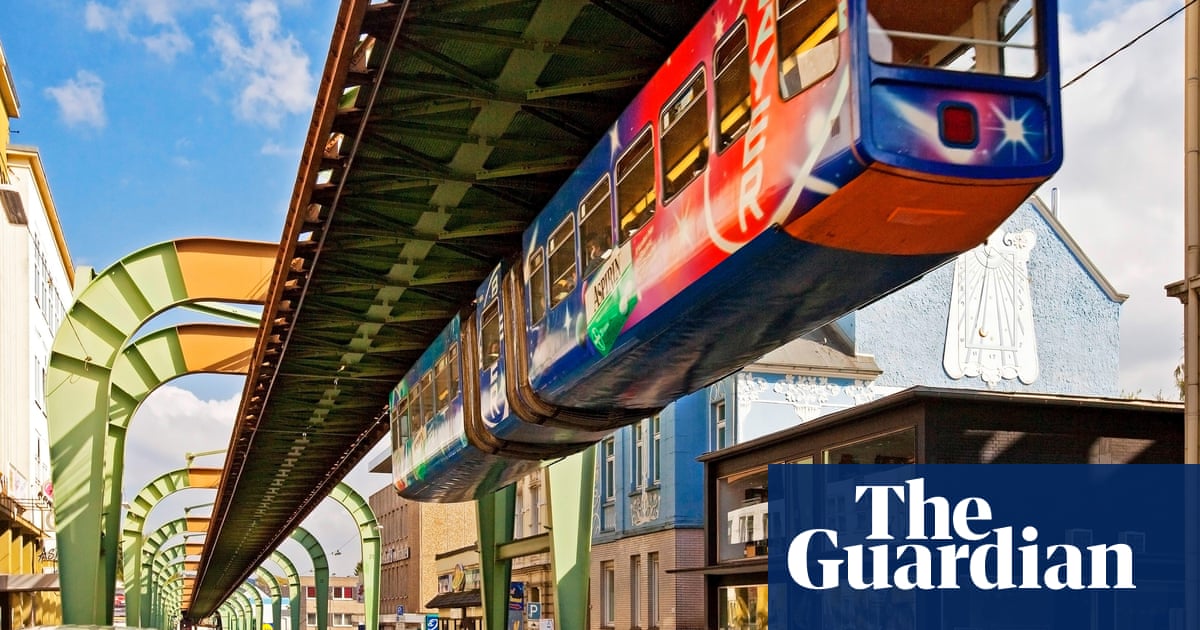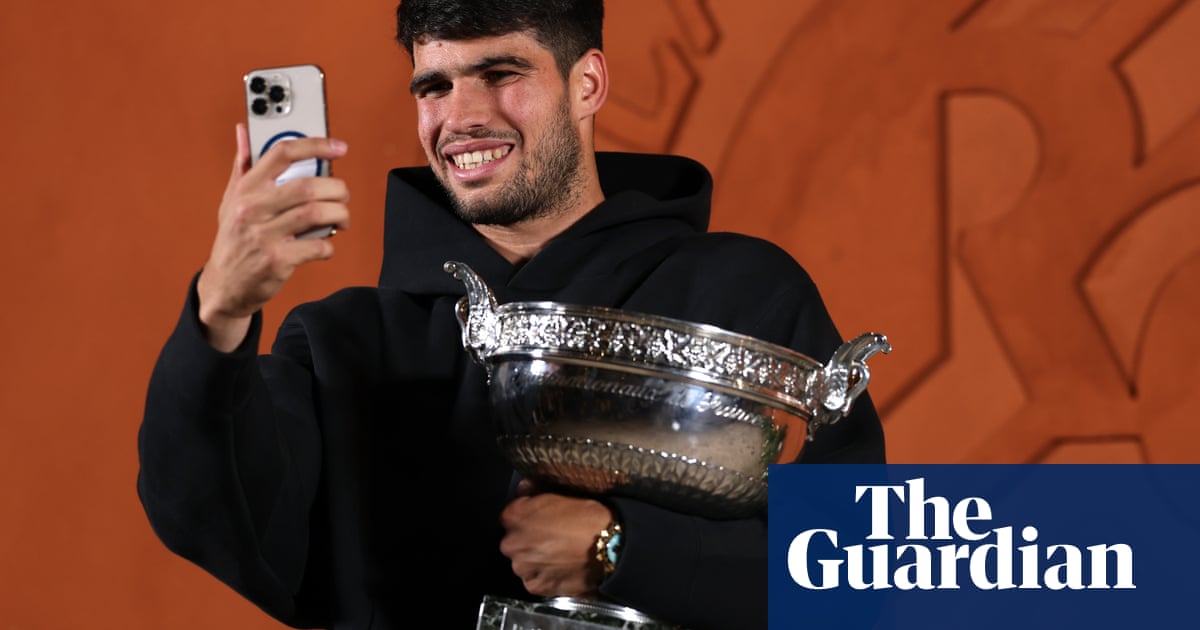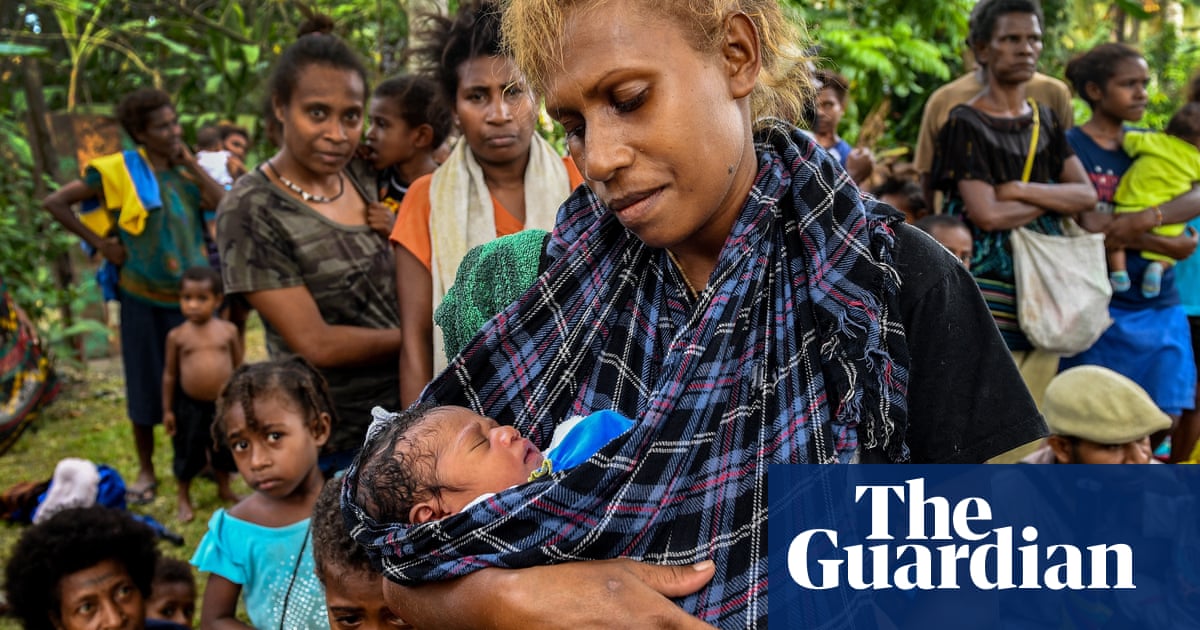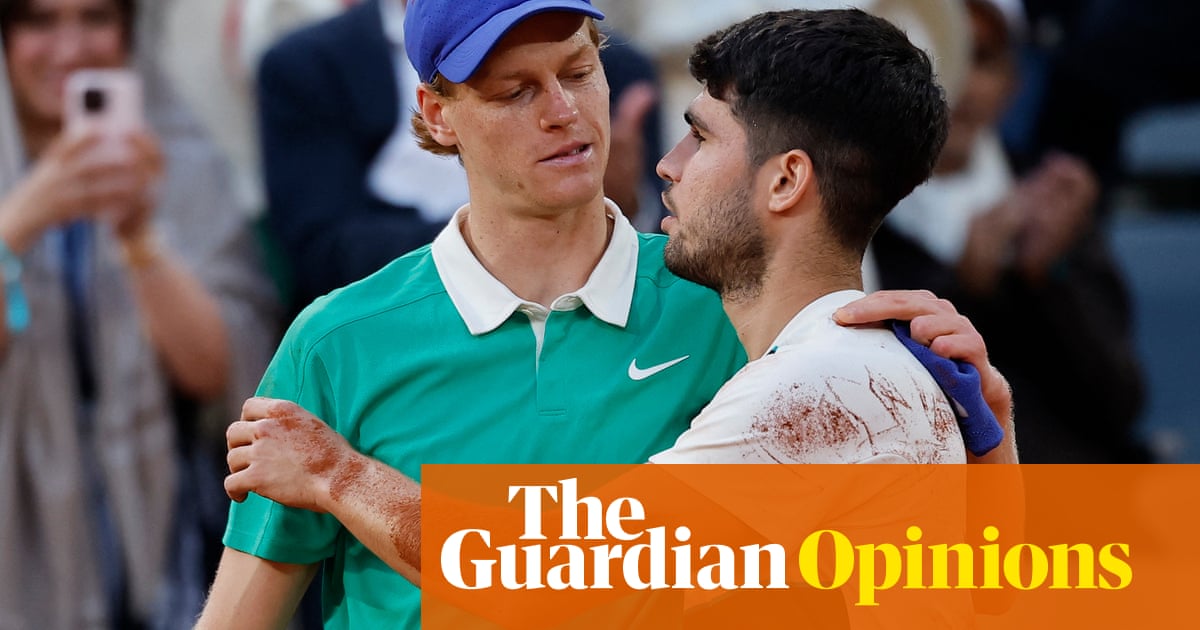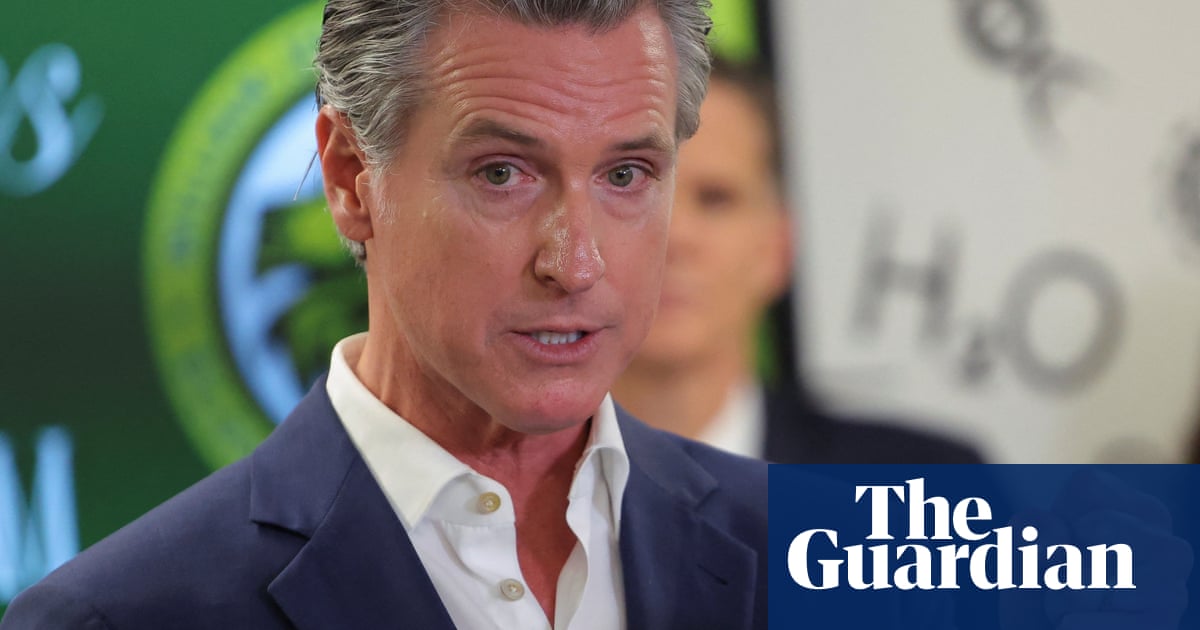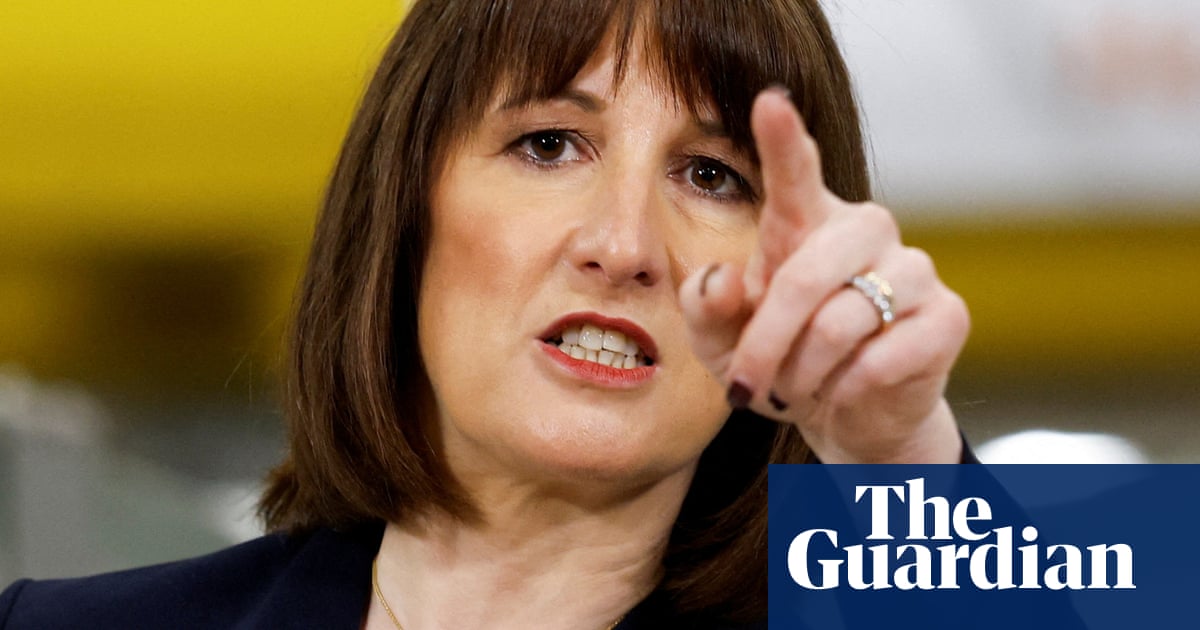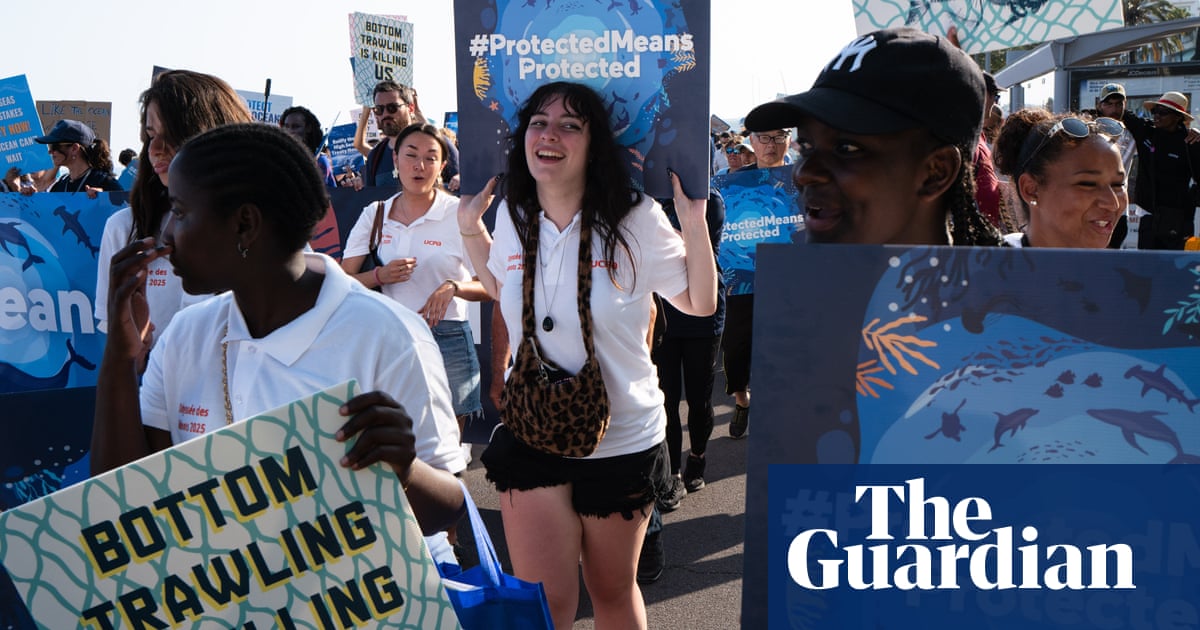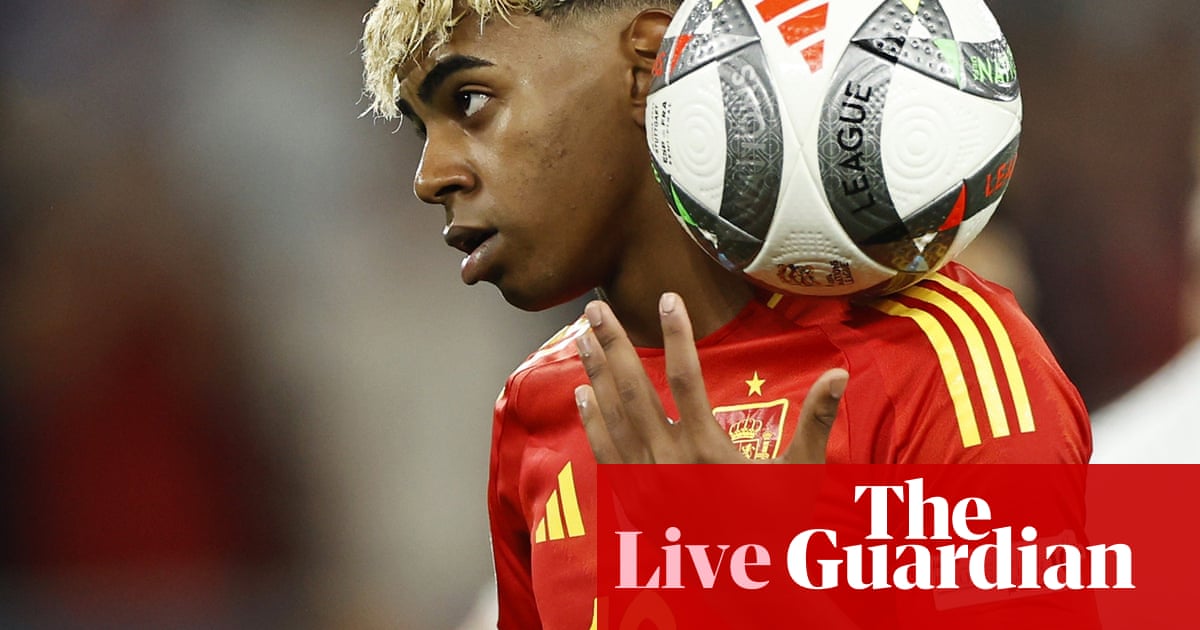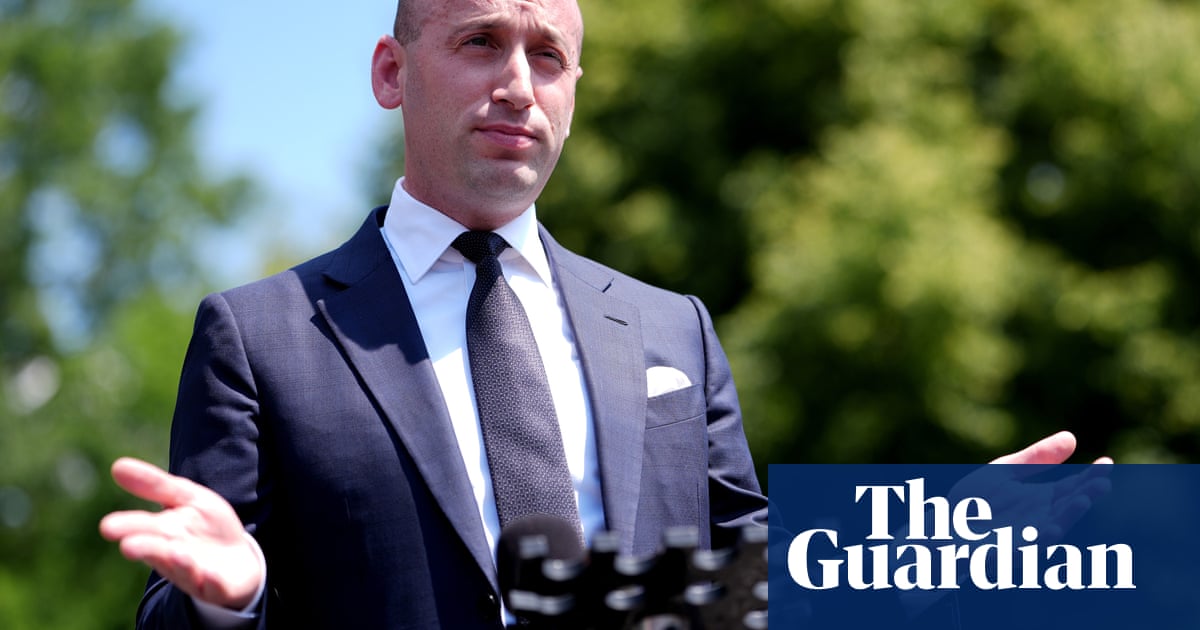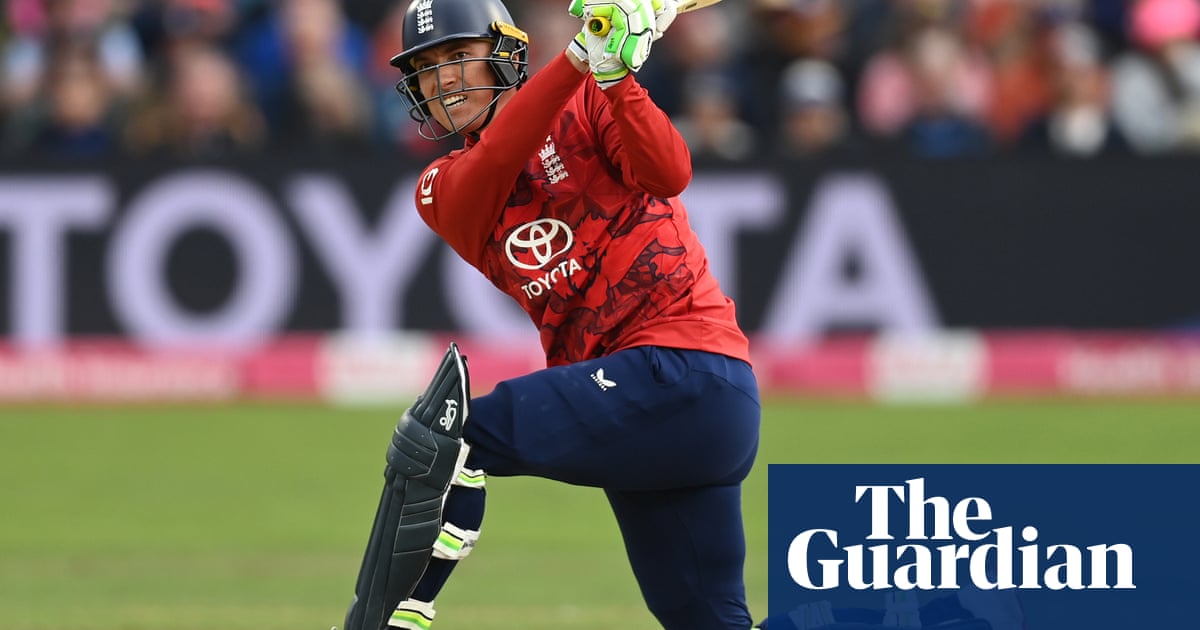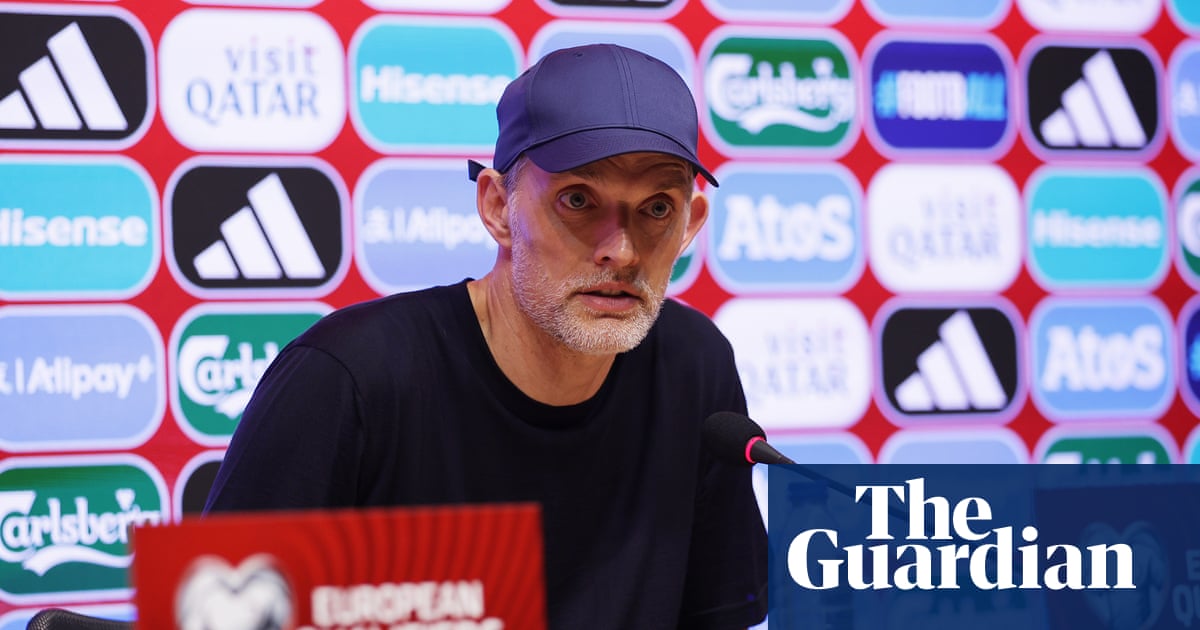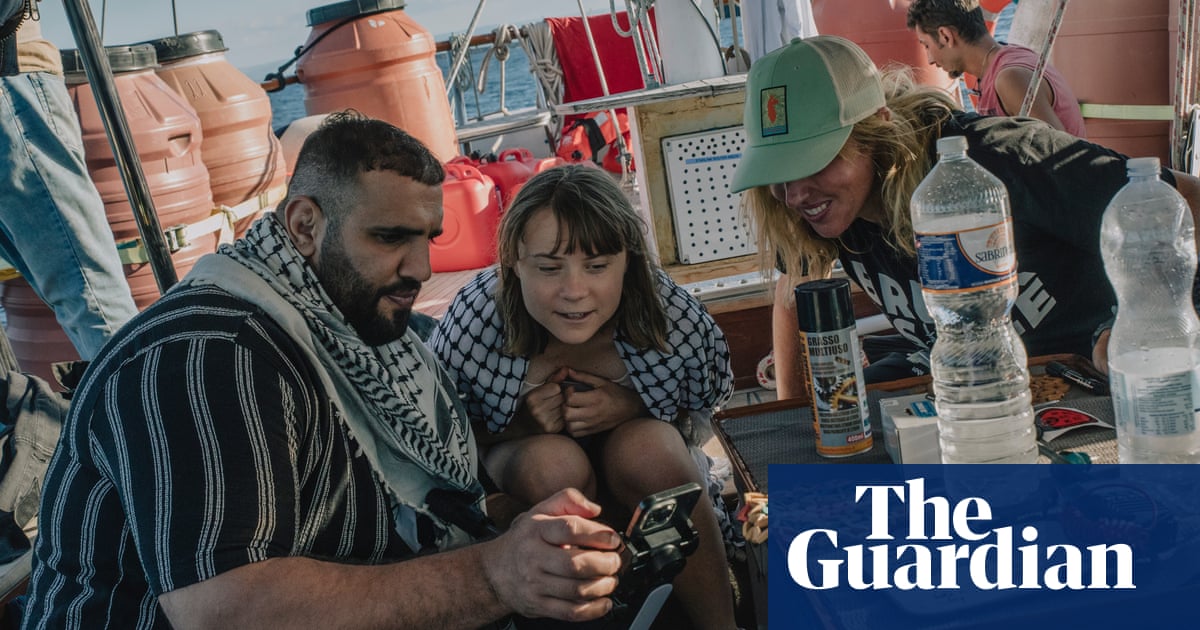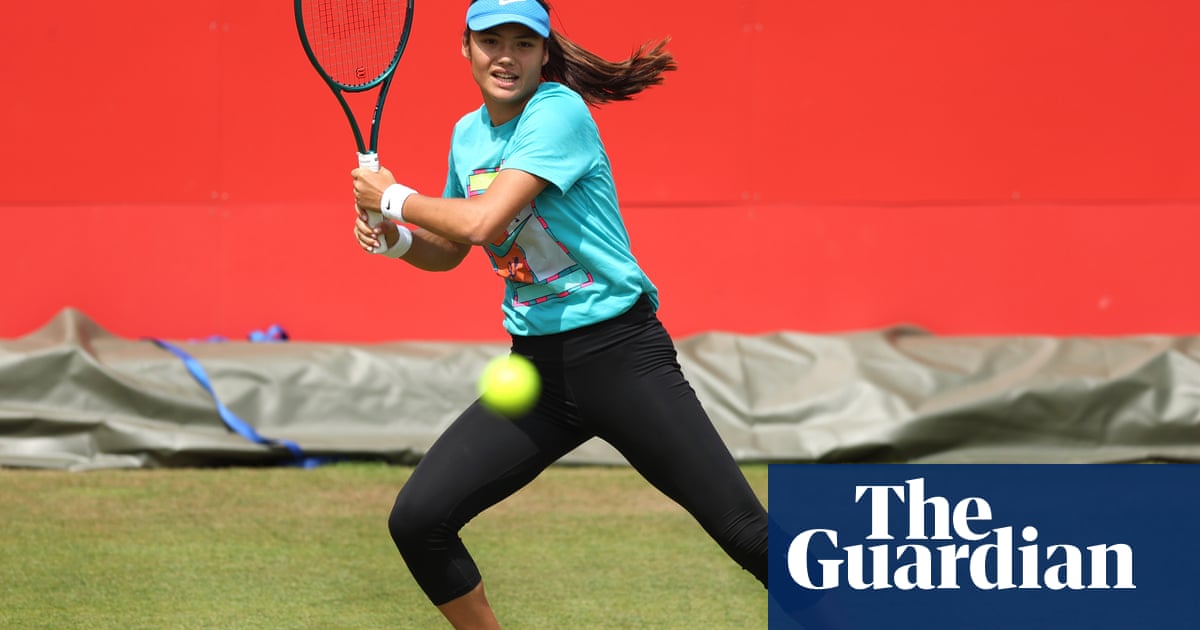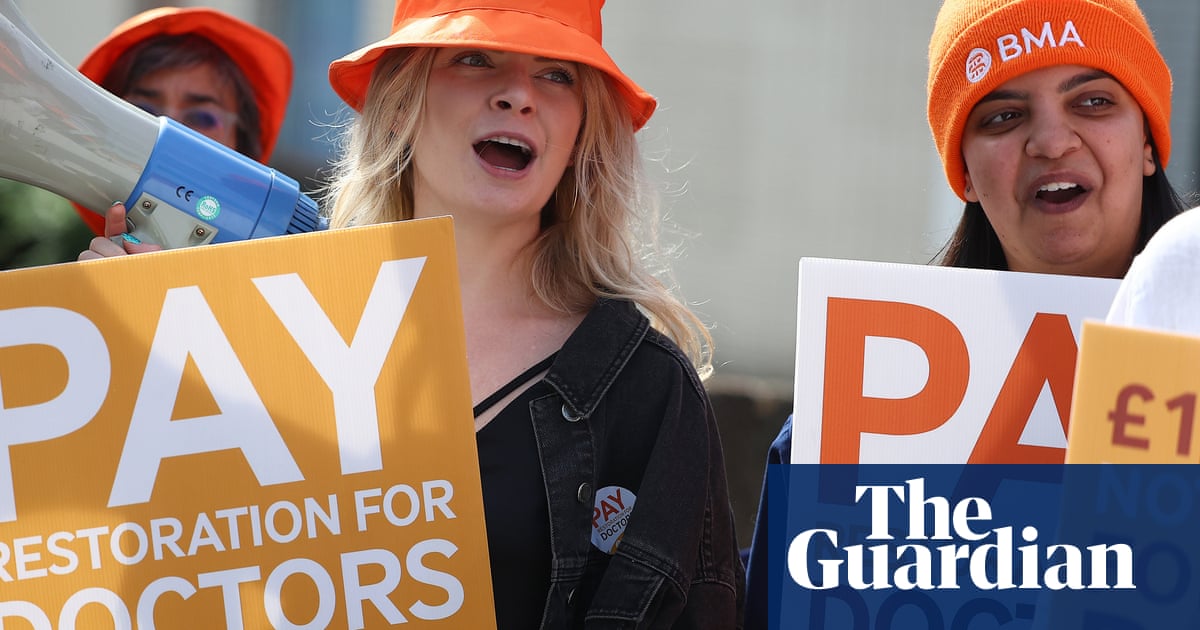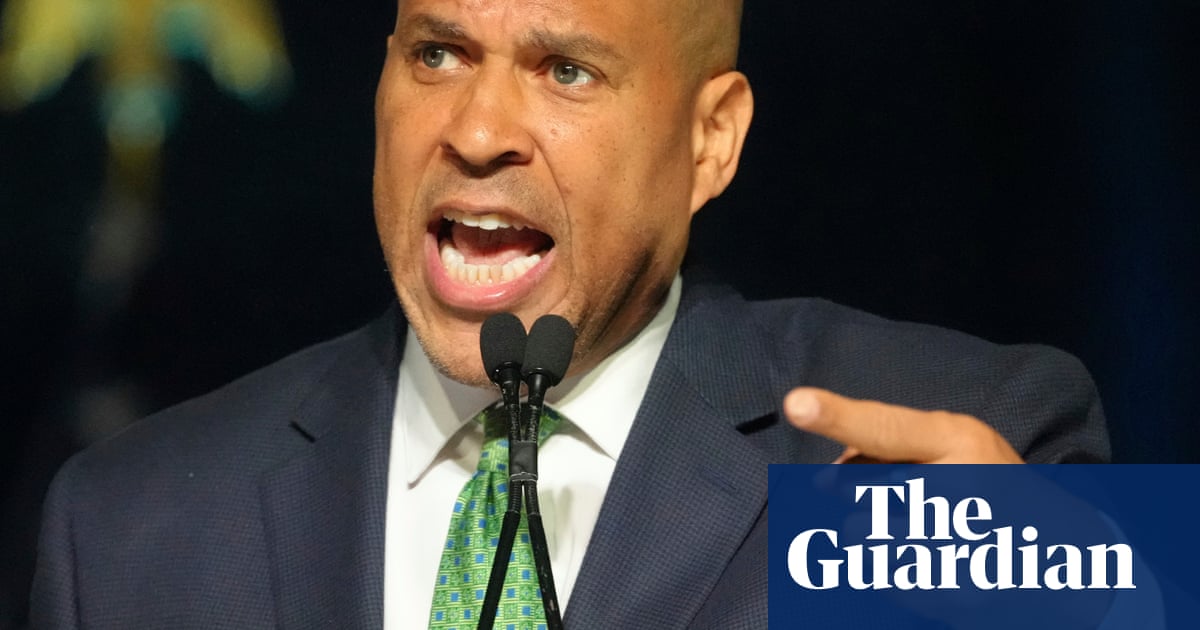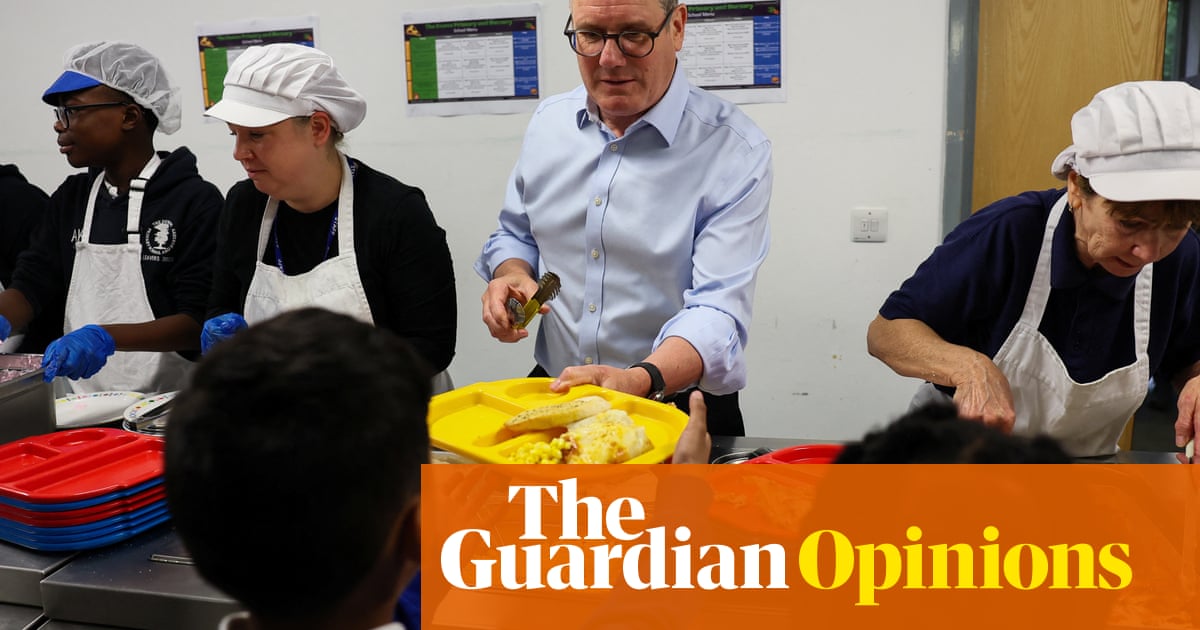A BBC documentary about Gaza has been pulled from its iPlayer service while the broadcaster deals with intensifying accusations that the film was biased because it failed to make clear the father of its child narrator was a Hamas deputy minister.
BBC sources indicated the intention was to make the documentary available to watch again once a “due diligence” exercise had taken place, but the decision reflects a frustration that the filmmakers did not inform the broadcaster of the situation before transmission.
The BBC said that while the documentary, Gaza: How to Survive a Warzone, featured “important stories we think should be told, those of the experiences of children in Gaza” there had been “continuing questions raised about the programme”.
In the light of these, the broadcaster stated: “We are conducting further due diligence with the production company. The programme will not be available on iPlayer while this is taking place.”
The BBC had initially said it would “add some more detail to the film” and leave it available to view on catch-up services. But the escalating pressure prompted executives to take firmer action.
Critics of the programme, led by the former BBC One controller Danny Cohen, are asking whether the BBC paid any member of Hamas – a banned terrorist organisation in the UK – as part of the filming of the documentary, which aired on BBC2 on Monday night.
Cohen said on Friday that the “documentary fails the most basic of programme standards” because “links to the terrorist group Hamas were not disclosed” and said that “it appears that children have been manipulated by terrorists”.
The International Centre of Justice for Palestinians criticised concerns raised about the Hoyo Films documentary, and urged the BBC to “stand firm against these attempts to prevent first-hand accounts of life in Gaza from reaching audiences”.
A statement from the Harrow-based organisation said: “For some, almost any Palestinian perspective appears to be deemed unacceptable. In this case, objections have been raised because Abdullah’s father holds a government role in Gaza’s Hamas-run administration. However, this does not negate the child’s lived experience or invalidate his testimony.”
Based on nine months of observational footage filmed in the run-up to last month’s ceasefire, three of the documentary’s main characters are children.
The day after transmission, the activist and journalist David Collier revealed that the 14-year-old English-speaking narrator, Abdullah, was the son of a Hamas deputy minister for agriculture, Ayman al-Yazouri.
Collier described Abdullah “as the child of Hamas royalty” and pointed out his family connection to the group was not explained in the programme. Yazouri’s profile on LinkedIn says he helps “supervise, facilitate and support agricultural activities in Gaza Strip”.
At the beginning of the film, Abdullah, then 13, asks viewers: “Have you ever wondered what you’d do if your world is destroyed?” He continues: “Most important, could you stay alive? After all this, you could say we’re experts.”
The documentary features Palestinians criticising Hamas on several occasions, and has been praised for its close-up observational style intended to humanise the situation in the territory.
After Collier’s criticism, 45 prominent Jewish journalists and members of the media signed a letter demanding the programme be taken down. Signatories included Cohen, the former BBC governor Ruth Deech, the Friday Night Dinner and EastEnders actor Tracy-Ann Oberman and the Strike producer Neil Blair.
“Given the serious nature of these concerns, the BBC should immediately postpone any broadcast repeats of the programme, remove it from iPlayer and take down any social media clips of the programme until an independent investigation is carried out and its findings published with full transparency for licence-fee payers,” the letter said.
The culture secretary, Lisa Nandy, has said she will talk to the BBC about “the way in which they sourced the people who were featured in the programme”. Allies said she intended to raise the topic as part of her routine engagement with the broadcaster.
Nandy said: “These things are difficult and I do want to acknowledge that the BBC take more care than most broadcasters … They’ve been attacked for being too pro-Gaza, they’ve been attacked for being anti-Gaza.”

 3 months ago
66
3 months ago
66
